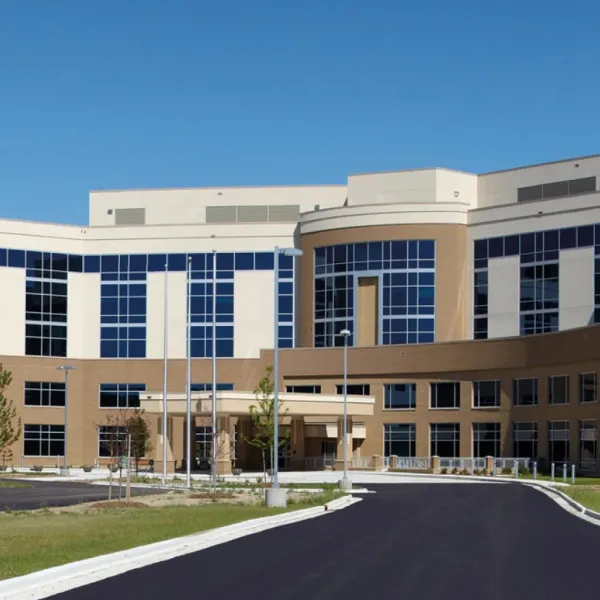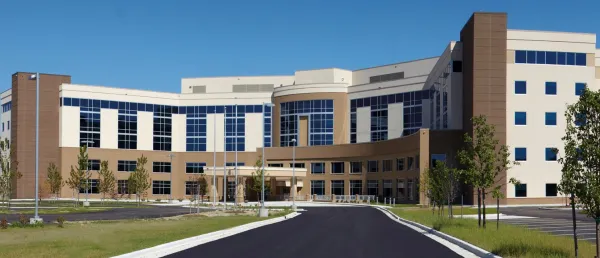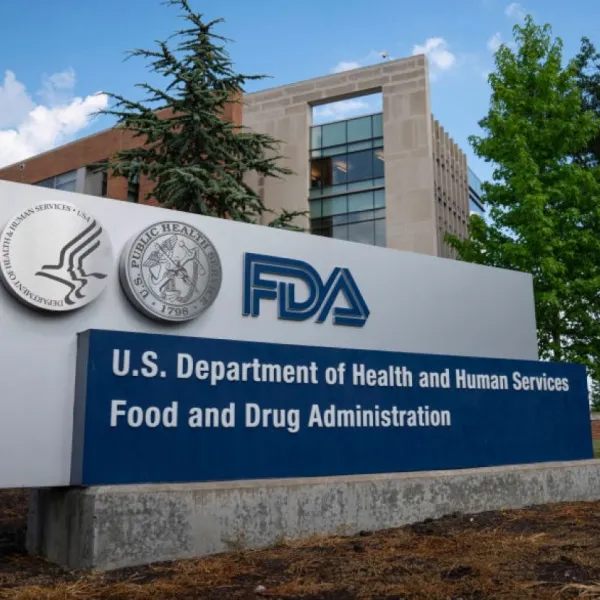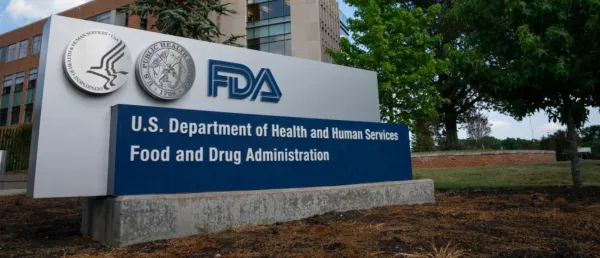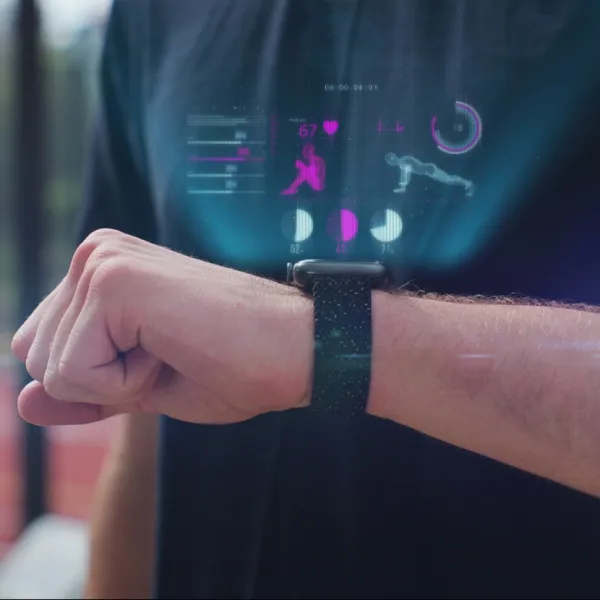Microsoft & Mercy Collaborate to Improve Workflow Management of Healthcare Employees

Additionally, the technology will aid in patient calls, such as scheduling appointments, and provide follow-up recommendations during the call to reduce the need for subsequent follow-ups.
Microsoft and Mercy have joined forces in a multi-year collaboration to explore the integration of generative AI, cloud technology, and various tools to alleviate the workload on healthcare employees.
Mercy, a US-based health system, had previously invested in Microsoft's secure cloud platform, setting the foundation for real-time clinical decision-making."
We are exploring more than four dozen uses of AI with Microsoft and will launch multiple new AI use cases by the middle of next year to transform care and experiences for patients and co-workers," said Joe Kelly, Mercy's executive vice president of transformation and business development officer.
Mercy plans to implement immediate use cases using Microsoft Azure OpenAI Service. This includes utilising generative AI-assisted patient messaging for addressing questions regarding lab results or other care topics in a conversational format.
Additionally, the technology will aid in patient calls, such as scheduling appointments, and provide follow-up recommendations during the call to reduce the need for subsequent follow-ups.
Internally, Mercy employees will benefit from a chatbot guiding searches about the system's policies, procedures, and other human resources-related information, allowing them to allocate more time to patient care.
The collaboration aims to enhance healthcare services by utilising a secure, centralized data platform built on Azure to drive insights.
These insights will help reduce unnecessary patient days in the hospital by providing care teams with smart dashboards and better visibility into the factors affecting patients' return home.
Commenting on the same, Peter Lee, corporate vice president of research and incubations at Microsoft, said, "Mercy has a reputation for ongoing innovation and has been a leader in the industry in creating an intelligent data platform to launch this kind of transformation.'
Mercy, headquartered in St. Louis, is among the nation's largest health systems, encompassing more than 40 acute care, managed care, and specialty hospitals. It employs over 45,000 people and provides care across several states.
Microsoft's collaboration with Mercy aligns with its broader effort to integrate AI into healthcare, having previously established similar arrangements with other healthcare partners.
This collaboration underlines the growing interest among healthcare providers in leveraging generative AI and similar innovations to improve healthcare efficiency and outcomes.
Stay tuned for more such updates on Digital Health News







